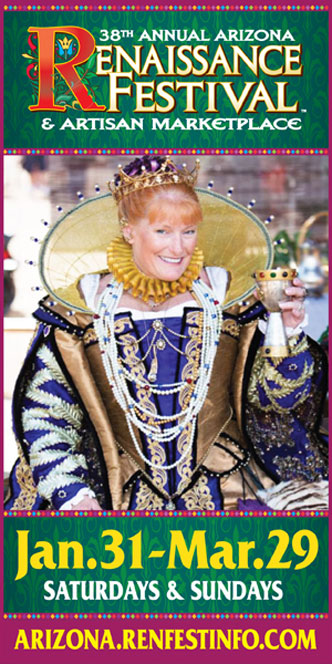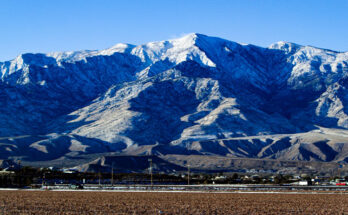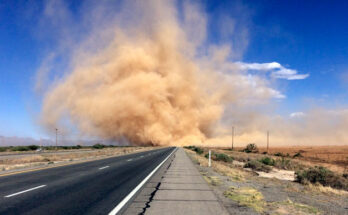Credit cards are pretty much everywhere these days, but have you thought about who might take them and who might not? Today, we are going to take a look at credit cards in America and where you can and can’t use them.
Gambling: A special case
One activity where you might be able to use their credit card is in gambling. However, there are enough caveats that it’s probably best if we deal with it as a separate category on its own.
If, for example, you visit a physical, real-world casino, then you can use your credit card. You can buy your chips, use an ATM at the casino, or use a cash advance machine. What you can’t do, however, is place an actual bet at the table with your credit card. Instead, you will need to get your chips first.
When it comes to online casinos, your results may vary. A lot of it depends on where you are in the United States. If you are in New Jersey, Michigan, Pennsylvania, Delaware, Connecticut, or West Virginia, that is to say, the states where online casinos are fully licensed and approved, then you might be able to use your credit card. What we mean by that is that there aren’t any legal restrictions, but your credit card company may automatically decline a gambling transaction. The same applies to you using your credit card to play online poker in Nevada, or if you want to take part in online sports betting in one of the 34 states where the activity is legal as of July 2025. Just make sure that your card company lets you use it for gambling and what the terms and conditions are, because you may find it is treated like a cash advance and, therefore, your gambling payments will incur a higher rate of interest and could even damage your credit score. Even if your card company has a relaxed view on online gambling, you may find it difficult to make withdrawals on your credit card.
It is worth mentioning, however, that would-be online gamers do have other options. For example, the growth in cryptocurrency casinos means that you can use crypto to both deposit and withdraw from online casinos. Alternatively, you could use a debit card, or a bank transfer, an eCheck, or even, in some states, PayPal. That said, do shop around. You might well find somewhere that offers trustworthy card deposits.
Where will take credit cards
Moving away from gambling, there are plenty of places where you can use your credit card without restrictions. Most online retailers will accept payment via card. In fact, most mid to high-end stores will, too. Any decent-sized restaurant or cafe, especially if it is part of a chain, will take cards. If you need medical care, then your doctor, hospital, or dentist’s office should all accept a credit card payment. When it comes to going places, airlines, hotels, and car hire companies take cards, as will public transport systems.
Where might take credit cards with conditions
Despite the relative ubiquity of credit cards and credit card payments, there are some places where it can be a bit trickier. For instance, a lot of smaller independent stores, cafes, and restaurants will prefer cash. Even if they do take cards, there is a distinct possibility that there will be a minimum charge, or they could possibly even tack on a surcharge for card use. The same applies to mobile food stalls. This isn’t small businesses being deliberately difficult, though. Credit card transactions typically take a charge of between two and three per cent, so when margins are already slim, companies might not want to do something that could eat into their money.
If you need to top up your car, then be careful about going to your local gas station without some cash, just in case. A lot of stations will take cards, but will operate a two-tier pricing system, so paying for gas with a credit card will cost more than paying for it with cash. It’s also worth mentioning that if you pay at the pump with a credit card, it will take a pre-authorisation charge of anything up to $125, so it might help your money flow if, in those cases, you pay with cash at the kiosk.
Maybe you need to pay for an official governmental transaction. In that case, you need to check when and where you can and can’t pay with a credit card. For instance, some states allow you to make payments to the Department of Motor Vehicles (DMV) with a card online, but not if you go to their offices. Likewise, if you have a tax bill, you could pay by bank transfer, debit card, or even cheque, and it would be completely fine, but a credit card transaction could well incur a small convenience fee. And, if the worst comes to the worst and you have to pay a court fine, then there’ll be a surcharge for that, too.
Similarly, utility companies may not be the easiest people to pay with a credit card. Many power companies take credit cards, but because they outsource payments to a third-party contractor, there will be a slightly higher charge than if you were to pay with a debit card, direct debit, or bank transfer. The same goes for tuition fees and even paying rent. In fact, your landlord might not take credit cards, so check the terms of your tenancy agreement.
Where won’t take credit cards
Having looked at where will take credit cards and where might, with conditions, accept them, we do need to talk a little bit about the places in the US that won’t take credit cards in 2025. There are still some cash-only businesses in America. For instance, if you need to get your washing done at a laundromat, then the chances are that, while some businesses have installed mobile pay options, you will have to use cash.
As we indicated above, many smaller food places will only accept cash. Meanwhile, it might seem a bit obvious, but most peer-to-peer transactions – that is, if you are buying something in person from a private individual – won’t take cards. When you think about it, how many people who aren’t running a business do you know who have their own card machine?
It’s also worth pointing out that, as a rule of thumb, urban areas are more likely to accept credit cards than rural ones.
In the end, many places accept credit cards. However, some don’t, so be careful and do your own research before you make your transactions.









